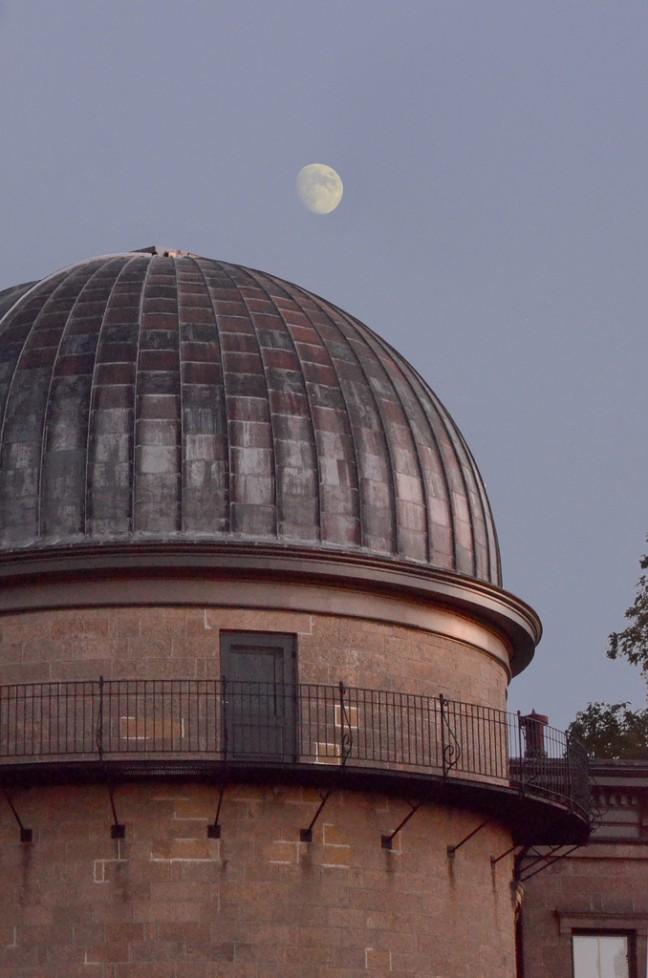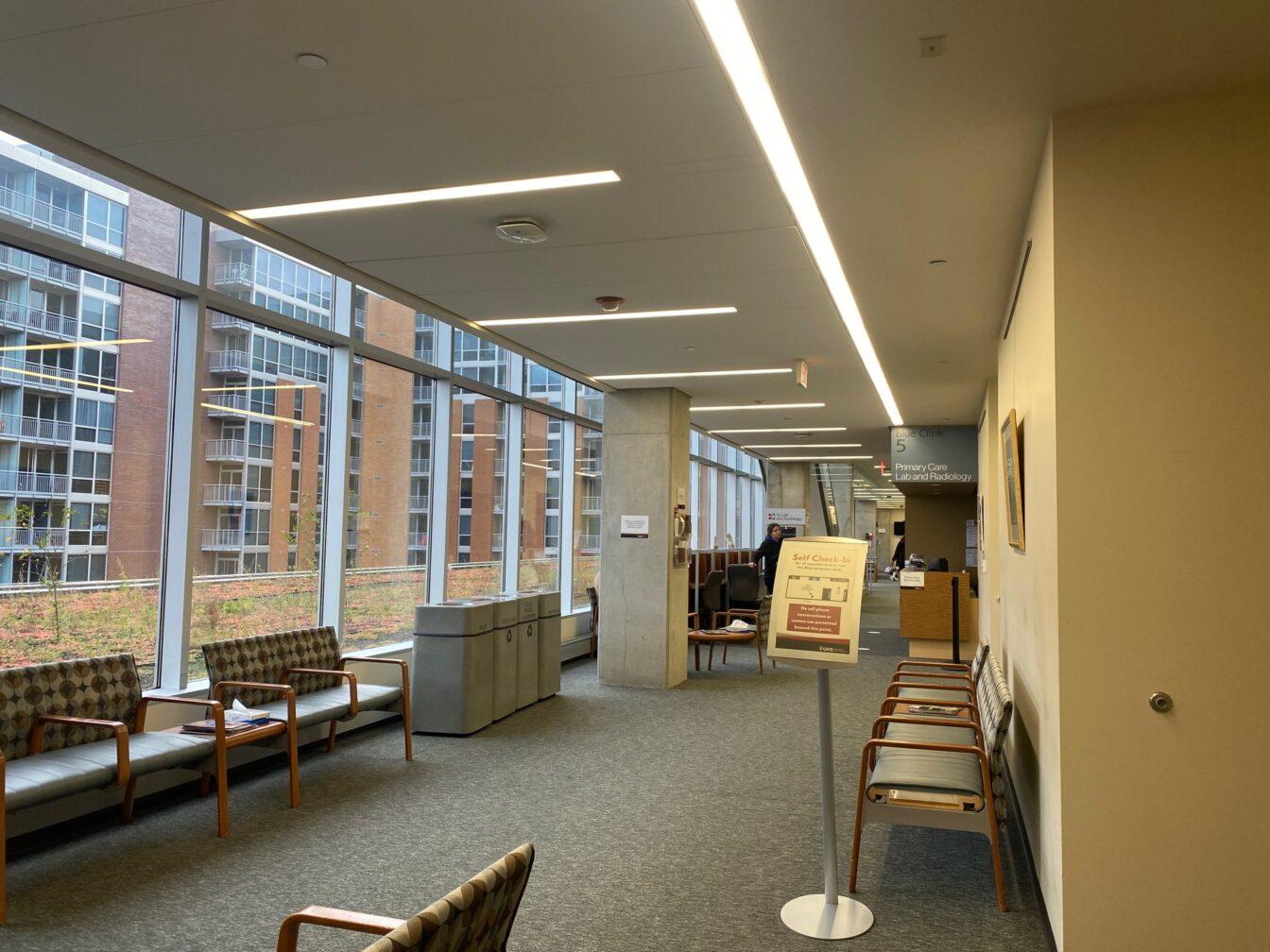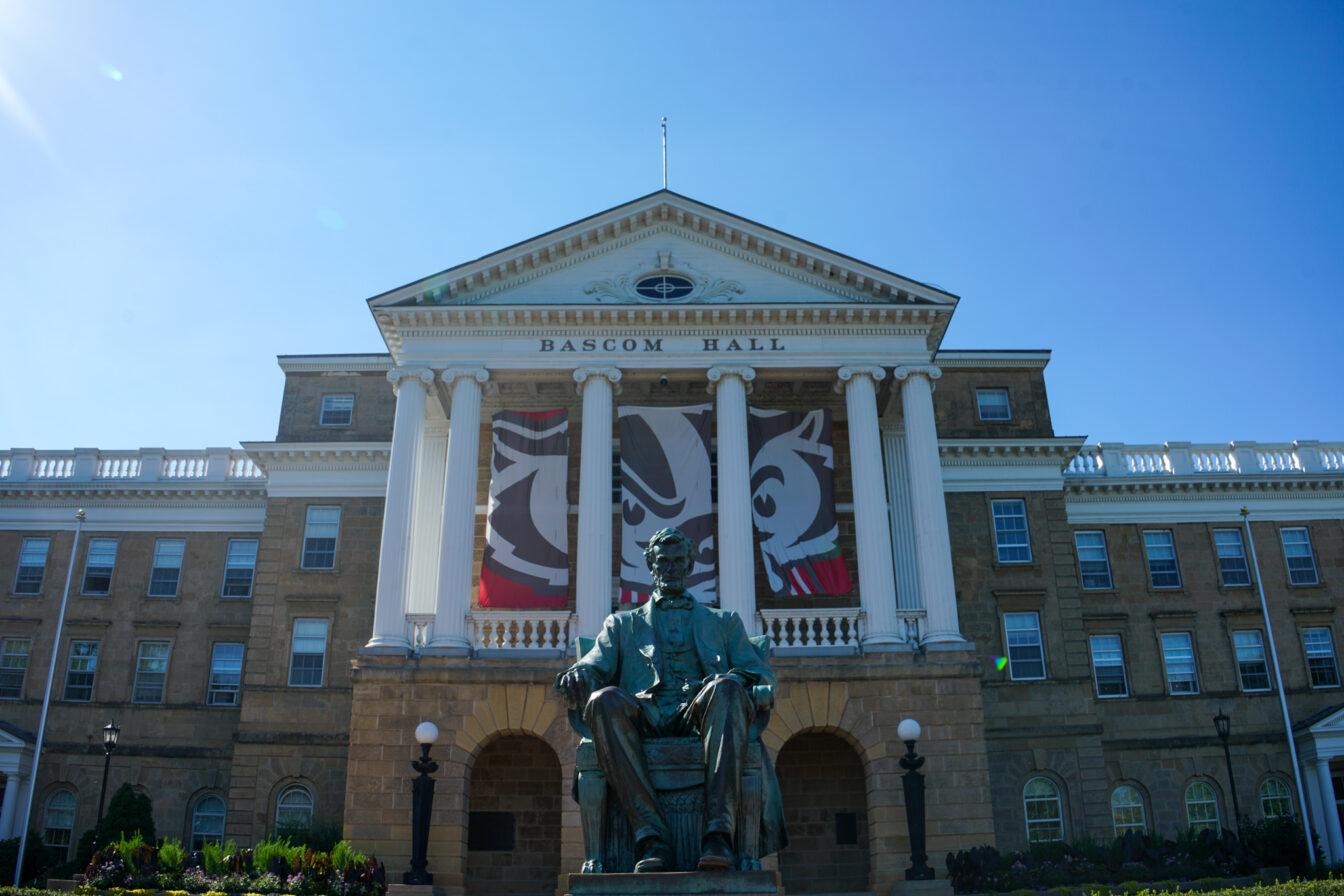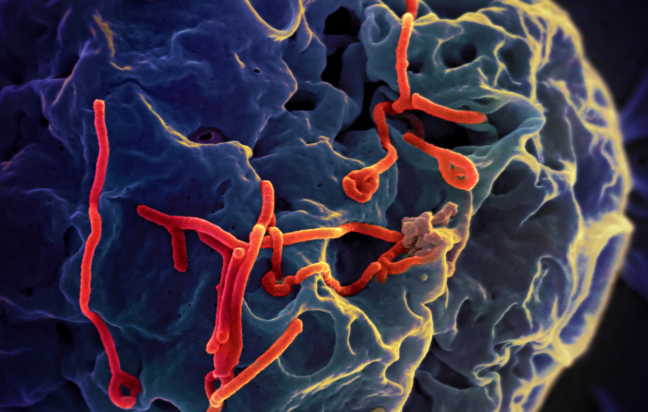A bill that would allow University of Wisconsin System campuses to conduct classified research that would be exempt from state open records law was taken up in committee Monday.
Introduced by Rep. Mike Kuglitsch, R-New Berlin, the bill, which promotes research involving cybersecurity and national defense interests, received a public hearing in front of the Assembly Committee on Colleges and Universities.
“I hope we can all agree that more research, more funding and the potential for spin-off companies is a good thing for Wisconsin,” Kuglitsch said.
Kuglitsh said since the Sterling Hall bombing in 1970, UW System policy has been that if research cannot be published, that is, if it is classified, it cannot be conducted in the state.
In the meantime, he said public universities across the country, including those in Colorado, Nebraska, Michigan, Maryland and California, have been adding classified research to their portfolios.
“Those universities have been using their specialty and their professors to garner those dollars,” Kuglitsch said.
Tom Still, a spokesperson for the Wisconsin Technology Council, which acts as a technology advisory group to the governor and other state agencies, said the FBI has estimated “billions and billions of dollars” have been lost annually to economic espionage.
He said the majority of this espionage could be countered by further developing cybersecurity.
“I think you can look at the headlines on almost any given day, and you can see that these threats come from as far afield as Tehran, or Damascus, or North Korea or China,” Still said. “They’re very real, they’re very persistent, they’re hard to track and they’re hard to defend against.”
Don Nelson, a spokesperson for the University of Wisconsin, said other schools, particularly Johns Hopkins University, naturally have a higher level of federal funding for classified projects due to the sheer volume of research and proximity to federal facilities.
Nelson added the existence of organizations such as the Wisconsin Institutes for Discovery and the Morgridge Institute for Research indicate there is a desire for classified research in the state.
“There’s a lot of other research in which we’re building capacity in hopes of competing with the other universities that have larger amounts,” he said.
Nelson said the university supports the creation of a process to change the policy on classified research, and also to remove any atmosphere that makes people feel they cannot participate in classified research.
Rep. Janet Bewley, D-Ashland, said she wanted to ensure that the bill protects shared governance and does not force the university’s hand.
“It’s not something that’s going to be force-fed to the system,” Kuglitsch said.
He said the bill would allow the university to make its own decisions on research, while assuring the federal government that certain research to further national security will be classified.
Kuglitsch said he hoped to “nudge” the system along to conducting classified research in the future.
“I think the opportunities could be endless, but I just know that by doing nothing, we’re stuck with that same mentality of 45 years ago,” Kuglitsch said.
[Photo by Flickr user Richard Hurd]
Correction: An earlier version of this story said the Sterling Hall bombing occurred in 1967. The incident occurred in 1970. We regret the error.



















